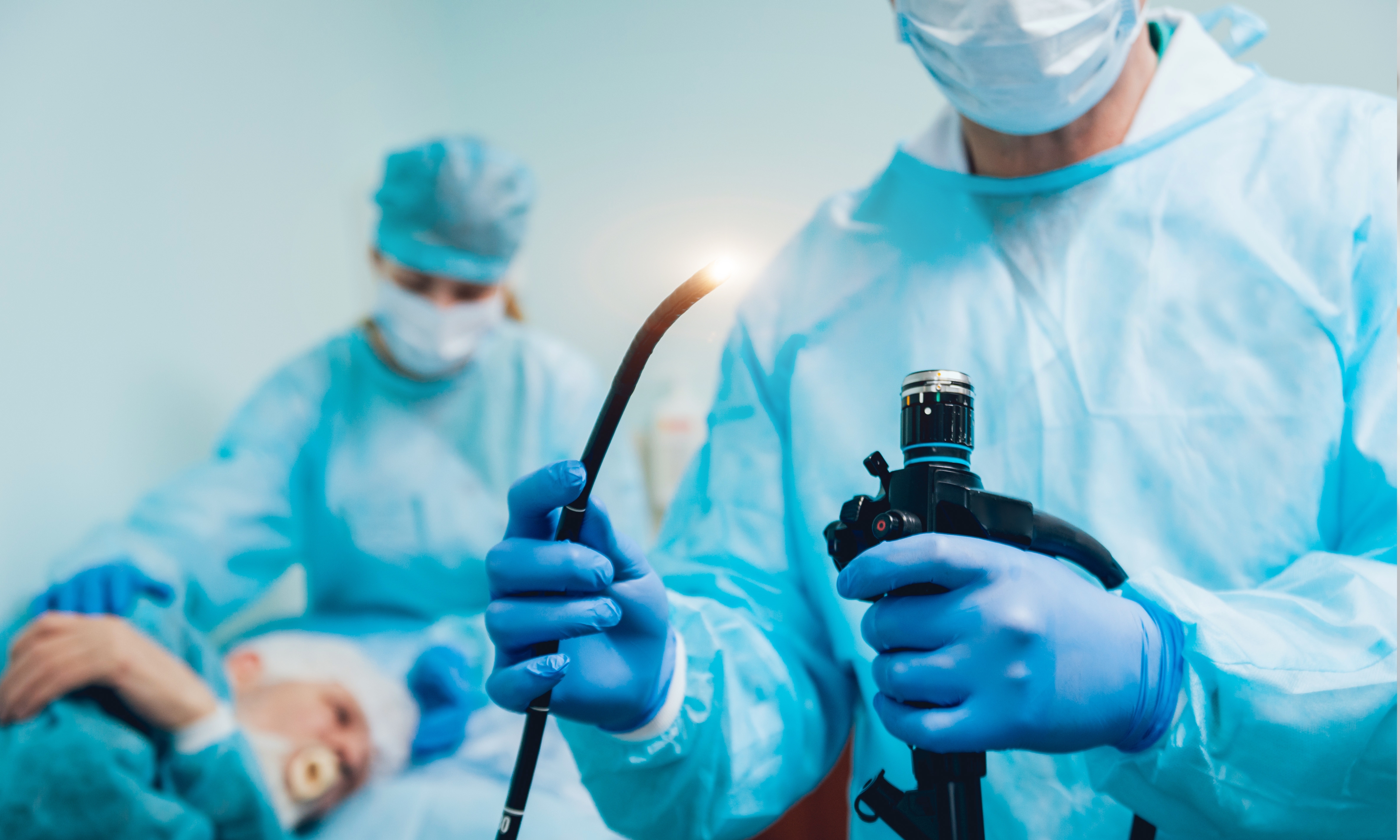
What is a colonoscopy?
Colonoscopy is a medical procedure that allows a doctor to examine the inside of your large intestine (colon) and back passage (rectum) using a long, flexible tube with a camera and light on the end. Inflammation or suspicious areas can be sampled (biopsied). All bowel cancers begin their lives as polyps which can be detected by colonoscopy many years before cancer develops. Identifying and removing these polyps can prevent them from becoming bowel cancer.
Why is colonoscopy so important?
Colonoscopy is important because it can help detect and prevent colon cancer. Colon cancer is the second most common types of internal cancer in Australian adults. Colorectal cancer is unique, in that there is a long period to detect changes before cancer develops, and these changes can be removed with simple techniques at the time of your colonoscopy. For existing cancer, early detection is essential to successful treatment. Colonoscopy can also help diagnose other conditions such as inflammatory bowel disease, which also benefits from early detection.
Is colonoscopy safe?
Colonoscopy is generally considered safe and effective. Like any investigation, in rare circumstances important processes can be missed. There is a rare risk of complications which can include bleeding, infection, perforation (a hole in the intestine), damage to surrounding structures, and reaction to anaesthesia. It is far more likely to benefit from the screening and other benefits of colonoscopy than to be impacted by these rare risks.
When is colonoscopy advisable?
Colonoscopy may be advisable if you have symptoms such as abdominal pain, rectal bleeding, changes in bowel habits, or unexplained weight loss. It is an important part of investigating some investigation findings, including iron deficiency or abnormal changes on a scan. It may also be recommended if you have a family history of colon cancer or polyp syndromes.
How do I prepare?
Your bowel preparation is one of the most important parts of having a colonoscopy. Achieving a clean bowel improves the chances of detecting important changes, reduces the risks of complications, and often avoids unnecessary prolongation of your procedure time. Therefore, a good bowel prep is crucial for safety and efficacy of the procedure. It also reduces time under anaesthetic.
Before the procedure, you will need to follow a special diet and take medication to clean out your colon. If suboptimal views of the bowel wall have been noticed during past procedures, modification to standard bowel cleanses may be discussed. If you take regular medications, these should be supplied to your doctor in advanced of your procedure in case any changes need to be discussed. This is important for blood thinners and diabetic medications in particular.
“A good bowel prep is crucial for safety and efficacy of the procedure. It also reduces time under anaesthetic.”
Dr Mat Keegan
What should I expect?
During the procedure, you will be given medication, the goal of this is for you to be comfortable. It is possible to remember periods of awareness. The endoscope will be inserted through your anus and into your rectum, colon, and low end of the small (ileum). You may feel some pressure or discomfort during the procedure, but it should not be painful. Time is taken on the way out to carefully inspect both sides of all folds and around structures. Many polyps are small enough to be managed during your procedure, rarely there may be polyps large enough to warrant a follow up discussion about different options for removal.
What happens after the procedure?
After the procedure, you will need to rest for a short period of time before you can go home. You may experience some mild discomfort or bloating for a few hours after the procedure, which often resolves after passing wind. Your doctor will give you specific instructions on what to do after the procedure.
